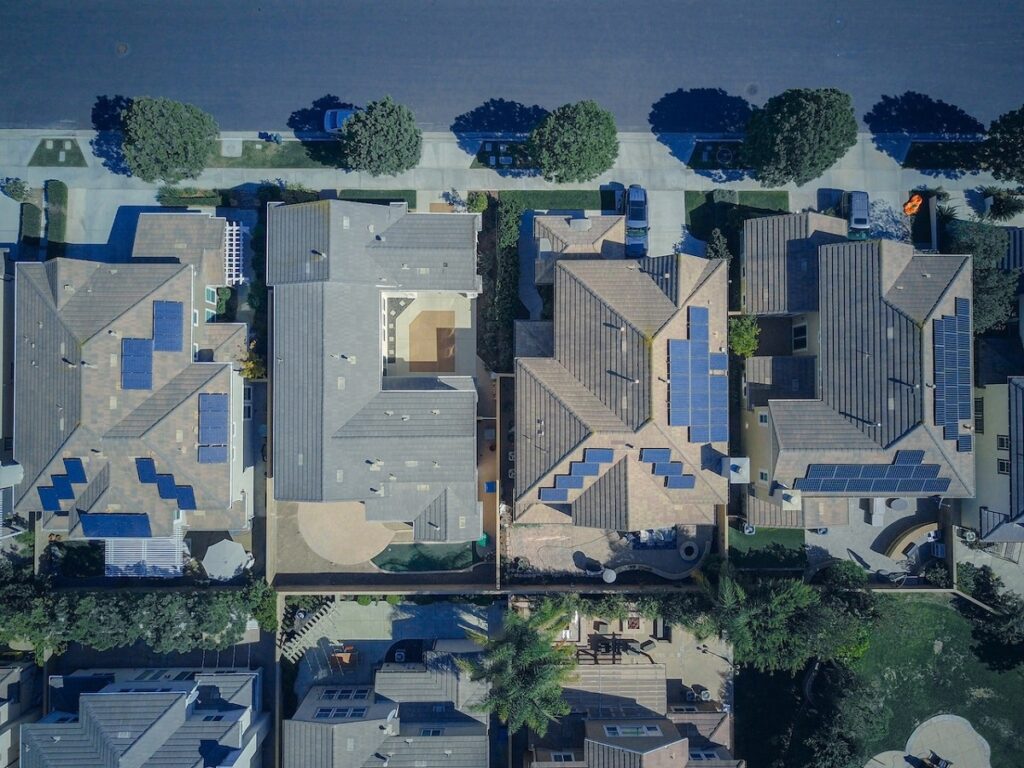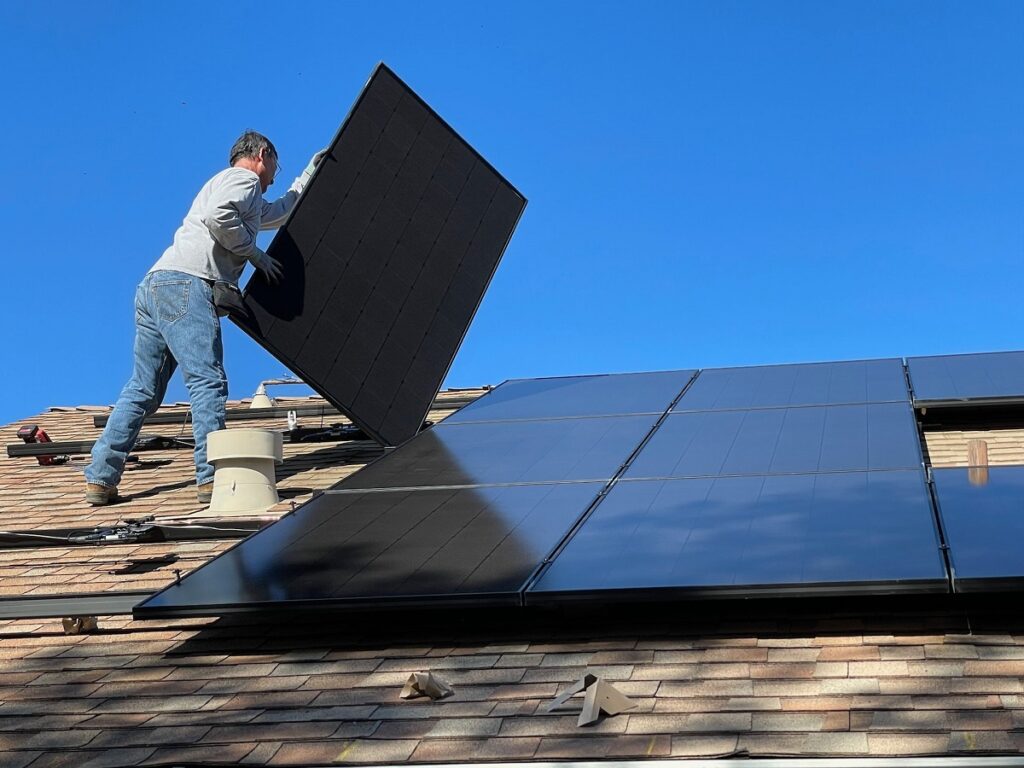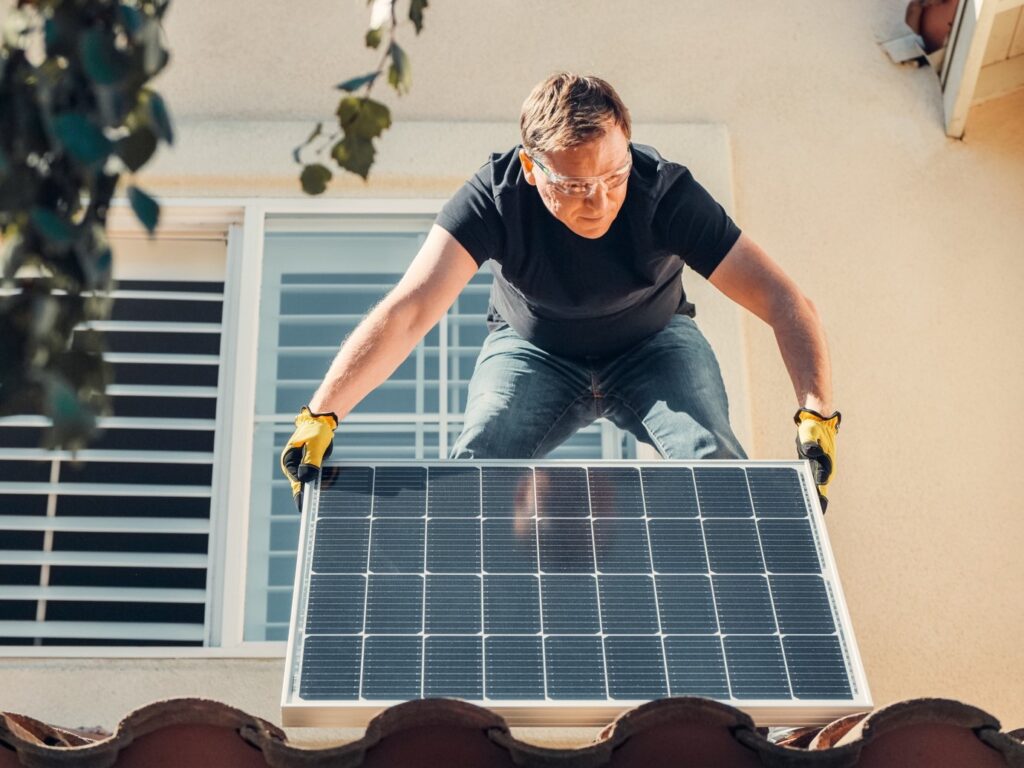Victoria’s Essential Services Commission has finalised the details of its first-of-a-kind time varying tariffs for solar exports (FiT), which are to be introduced in July 1, 2018, and ultimately become compulsory.
The shift from a flat FiT to a time varying one is a first for Australia, and was proposed by the ESC in response to a push by the Labor state government to find a “fair price” for solar exports back to the grid from the 1GW of rooftop solar installed on homes and small businesses.
The rates will be more or less advertised in its draft report in December.
They will require retailers to pay a minimum 29c/kWh for those who manage to export between 3pm and 9pm, a minimum rate of 10.3c/kWh for the time between 7am and 3pm, and a minimum rate of 7.1c/kWh (down from 7.2c) in the unlikely event anyone is exporting between 10pm and 7am.
The use of time-varying tariffs will be voluntary for retailers for just one year, although the ESC suggested it may consider an extension in the face of objections from the likes of Energy Australia.
So, for the next year, an alternative flat rate of just 9.9c/kWh can be paid.
That raised concerns from solar advocates of a much lower price – down 1.4c/kWh from the previous flat rate at a time when wholesale prices have jumped, but the retailers argued it was too high.
The ESC justified the lower cost for the flat rate from modelling from ACIL Allen which argued that the any-time price of electricity has fallen, while the price in the evening has jumped. The arrival of more solar connections is expected to further depress day time prices.
The ESC expects the time varying tariffs will provide an incentive for households to either shift their load (such as pool pumps), orientate their panels to the west, rather than the north (to produce more later in the day), or to install battery storage.
The ESC is also looking at imposing “critical peak tariffs”, which will result in even higher payments when wholesale prices jump above $300/MWh and surge to the market cap ($14,200/MWh, or 142c/kWh).
But due to the complexity of this tariff, which will have to be done retrospectively, in other words after the event, this element will not be introduced until 2019/20.
The Victoria tariff is also the only state-based FiT that explicitly includes a “social cost” of carbon, 2.5c/kWh.
The ESC in its final report noted that some parties – consumers groups, the Alternative Technology Association and retailer Powershop had raised concerns that consumers could charge up their battery at night and then “export” during the evening peak.
The problem with this is that they would effectively be exporting stored coal power, and gaining a tariff that included the social cost of carbon. “That would be a perverse outcome,” the ATA said.
The ESC noted the concerns, but said they would be more relevant to future FiT setting processes than the current one. But it will take a look.
“The scenario depicted above is unlikely to emerge to any material degree due to the low penetration of batteries,” it said.
“We recognise the issue raised by stakeholders and will continue to work with the relevant government agencies on the appropriate FiT arrangements.”
Source: Giles Parkinson
Contact Sunstainable for a no obligation discussion about your solar PV system plans.


